President Trump Signs Executive Order Targeting Online Counterfeiters
Takeaway: Trump’s executive order implements further protections to ensure enforcement of intellectual property rights and to combat the importation of counterfeit goods.
Just this month, President Trump signed an executive order to target counterfeit sellers of goods to reduce the number of counterfeit goods entering the United States. The executive order allows the Department of Homeland Security (DHS) to take “appropriate measures” to ensure e-commerce platforms are not exchanging counterfeit goods. It will also aid in the identification of e-commerce companies selling a large volume of counterfeit goods and will flag these companies and subject them to intense scrutiny.
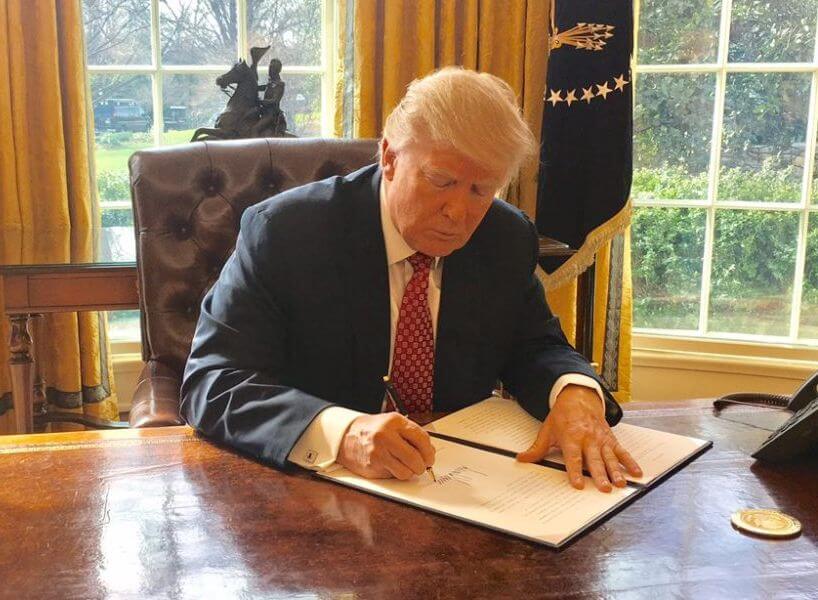
The U.S. Postal Service will also aid DHS and Customs and Border Patrol in implementing the new rules established by the order to provide more protection of intellectual property rights and further enforcement of these rights.
Image: https://www.illicit-trade.com/2019/04/trump-signs-memo-calling-for-crackdown-on-counterfeit-goods-sold-online-by-third-party-vendors/
USPTO Makes Electronic Filing Mandatory
Takeaway: Trademark applicants must keep updated contact information on file with the USPTO.
As of February 15, 2020, the USPTO has made electronic filing mandatory. All communications with the USPTO for trademark matters will be electronic, unless there are special circumstances. With these new electronic filing rules being implemented, trademark applicants must keep their contact information up to date with the USPTO for the life of their registration.
Trademark owners represented by counsel may provide contact information of their choice. They may provide either their email address, an address created for the purpose of receiving notifications from the USPTO, or their attorney’s email address. However, the email provided cannot be the listed primary correspondence of the applicant’s attorney.
The Second Circuit Holds that Drake’s Sampling of Another Artist is Fair Use
Takeaway 1: When seeking a music copyright clearance, get a license for the copyright in the recording but also get a license for the separate copyright in the underlying composition as well.
Takeaway 2: If you are sued for infringing the music or lyrics of another artist, get your case transferred to the Second Circuit. Move there if necessary.
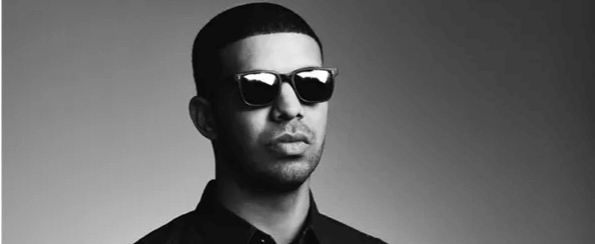
The Second Circuit last week held that rap artist Drake’s sampling of nearly all of another artist’s work, entitled, “Jimmy Smith Rap” in Drake’s new rap song, “Pound Cake” constituted fair use.
According to the Second Circuit, the sampling was fair use because Drake’s use was transformative and because there was no evidence of an active market for Jimmy Smith Rap — even though Drake himself obtained a license for the copyright in the Jimmy Smith Rap recording but failed to obtain a license for the copyright in the underlying composition.
As for the transformative nature of the sampling, the Second Circuit held that the message of Jimmy Smith Rap, which comprises all of 50 seconds, was that jazz reigns supreme and that all other types of music will not last. By contrast, the Second Circuit continued, the lyrics of Drake’s Pound Cake, including removing the word “jazz” from the sample, constituted criticism of this “jazz-elitism” and sent a counter message that it is all real and authentic music that reigns supreme, regardless of genre. As a result, Drake had transformed the original by imbuing it with “a character, different from that for which the original was created.”
Case: Estate of James Smith v. Graham, Case No. 19-28 (2nd Cir., Feb. 3, 2020)
Image: https://earmilk.com/2014/02/25/enferno-sets-drakes-pound-cake-afire-in-live-remix-exclusive-download
European Patent Office: Inventors Must Be Natural Persons
Takeaway: Inventors must name a natural person as the inventor for European patent applications.
The European Patent Office (EPO) rejected two patent applications filed last year, a flashing beacon light and a plastic food container, that named a machine as the inventor. This rejection does not come as a shock, as the European Patent Convention’s (EPC) requirements for inventorship include that the inventor must be a “natural person.” The office cited its reasons for the rejection of the two patent applications stating that the EPC was written with “clear legislative understanding that the inventor is a natural person.”
Despite naming the machine in the applications, the EPO takes the position that machines or artificial intelligence currently lack a “legal personality” regardless of them being named. Until lawmakers pass legislation specifically to afford machines legal rights, they are not capable of patenting an invention with the EPO. As technology advances, a change in law may be inevitable as the use of artificial intelligence continues to grow.
Sonos Sues Google Over Patent Infringement
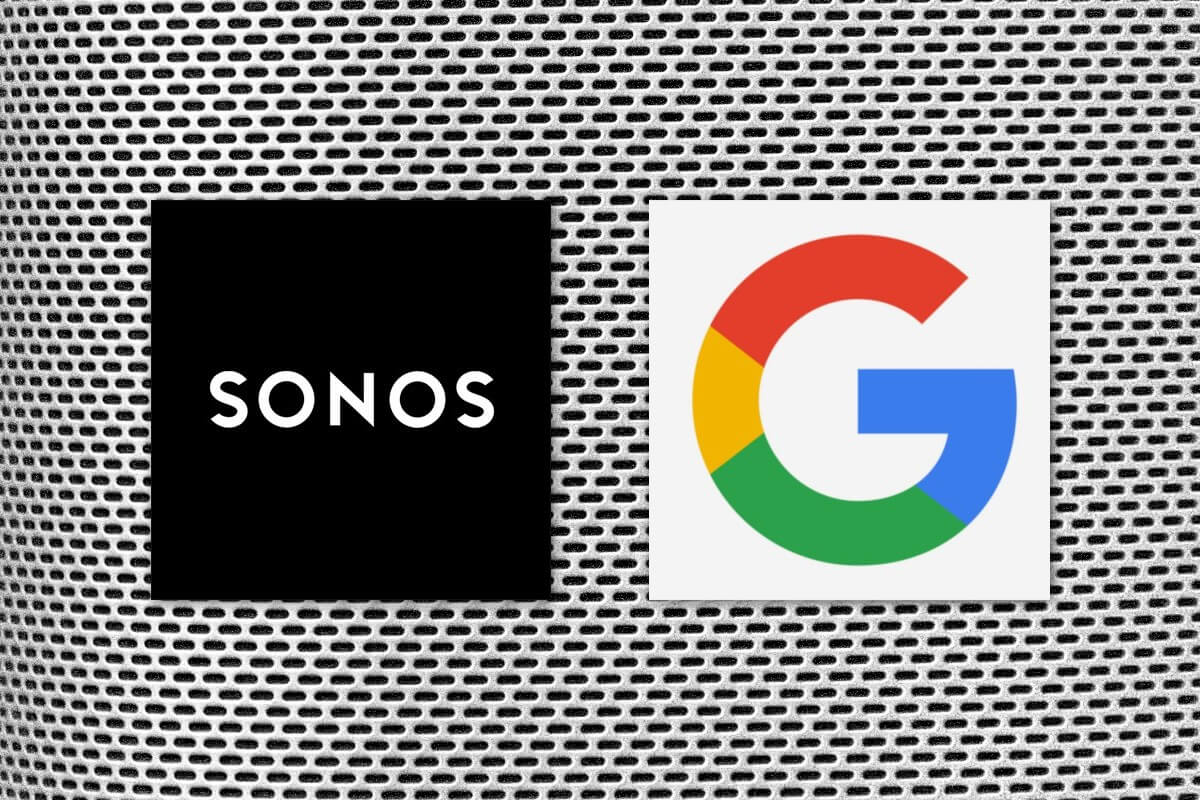
Takeaway: During intellectual property and business collaborations, be sure to always protect yourself with necessary legal defense, documentation, and attorney guidance.
Just last month, Sonos, a speaker manufacturer, sued Google for patent infringement. The speaker manufacturer argues that Google used technology developed by Sonos, which allows speakers to wirelessly play music to multiple rooms. Google claims however that it became aware of the Sonos technology back in 2013 when the companies collaborated to bring Google services to Sonos speakers. Thereafter, in 2015, Google came out with its own multi-room speaker, Chromecast, allegedly using Sonos technology.
Sonos is fervently pursuing the lawsuit, as the Sonos CEO stated, “I’m not going to sit back and let people take what we invented and just copy it. That’s why we’ve invested in patents.” Google responded to the CEO’s remarks saying that they had numerous negotiations over the years about each company’s intellectual property rights and are disappointed in Sonos for commencing a lawsuit against them instead of continuing to negotiate.
Image: https://www.xda-developers.com/sonos-suing-google-smart-speaker-patents/
Cislo & Thomas LLP Spotlight
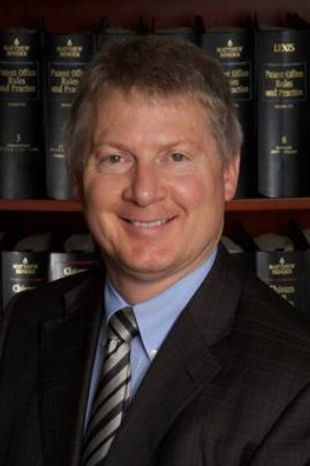
Kelly Cunningham Awarded Super Lawyer®
Congratulations to Cislo & Thomas LLP Partner Kelly Cunningham on being named a 2020 Super Lawyer®!
Kelly has over 20 years of experience in patent, trademark, and copyright infringement litigation, spanning numerous district courts and appellate courts throughout the country. He is well respected by courts and opposing counsel alike for coming up with creative solutions for resolving disputes in his clients’ favor.
Congrats on your success, Kelly!
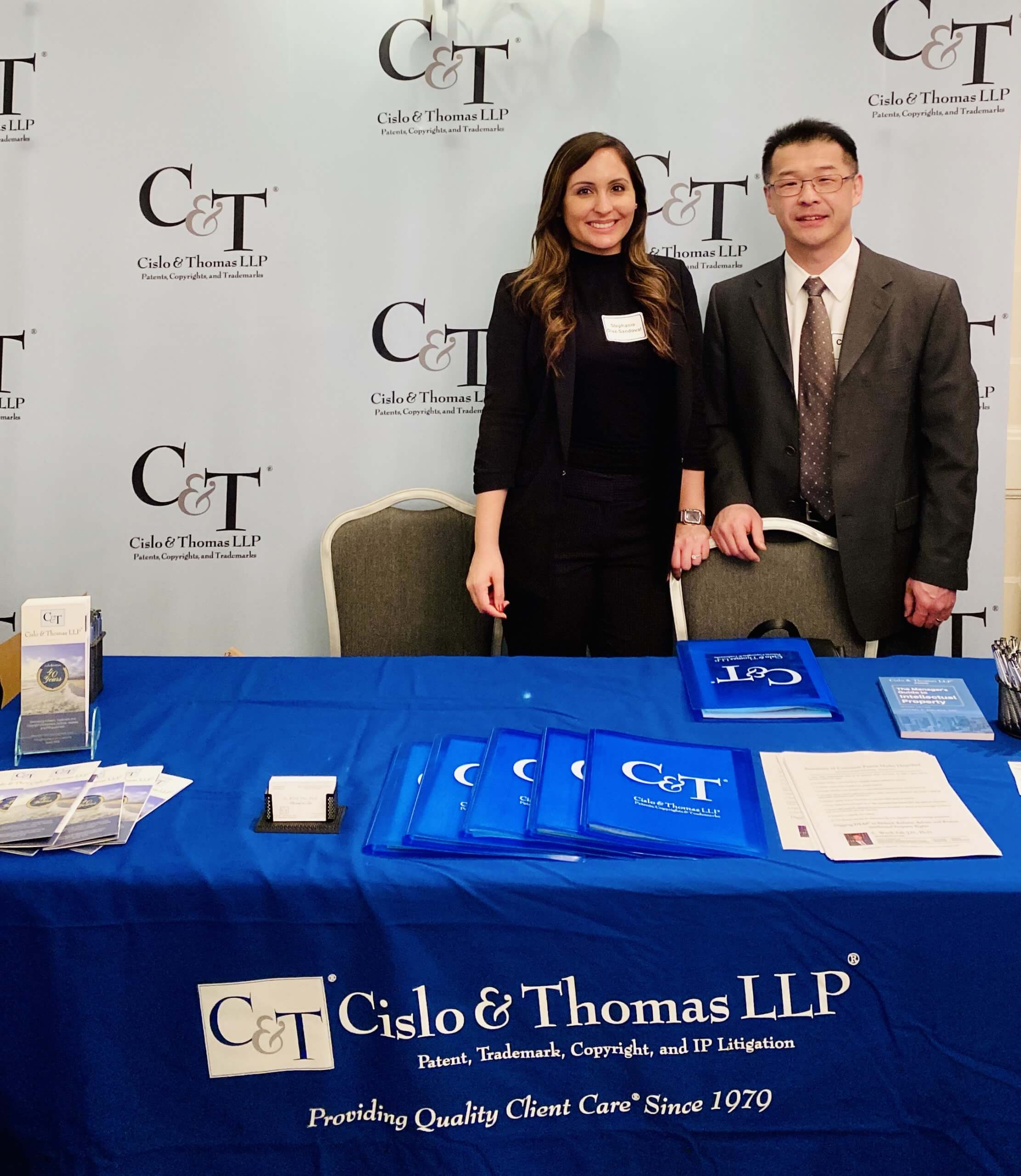
Dr. Wook Pak, Esq. Presents IP Knowledge at Med Tech Monday 2020
Dr. Wook Pak, Esq. and our IP Paralegal Stephanie Diaz-Sandoval spent a day in Laguna Hills, California at Med Tech Monday 2020 where Wook yet again entertained the audience with his very knowledgeable and enthusiastic presentation on “Dispelling Myths and Misconceptions about Patent Law” while making it enjoyable with trivia questions and prizes.
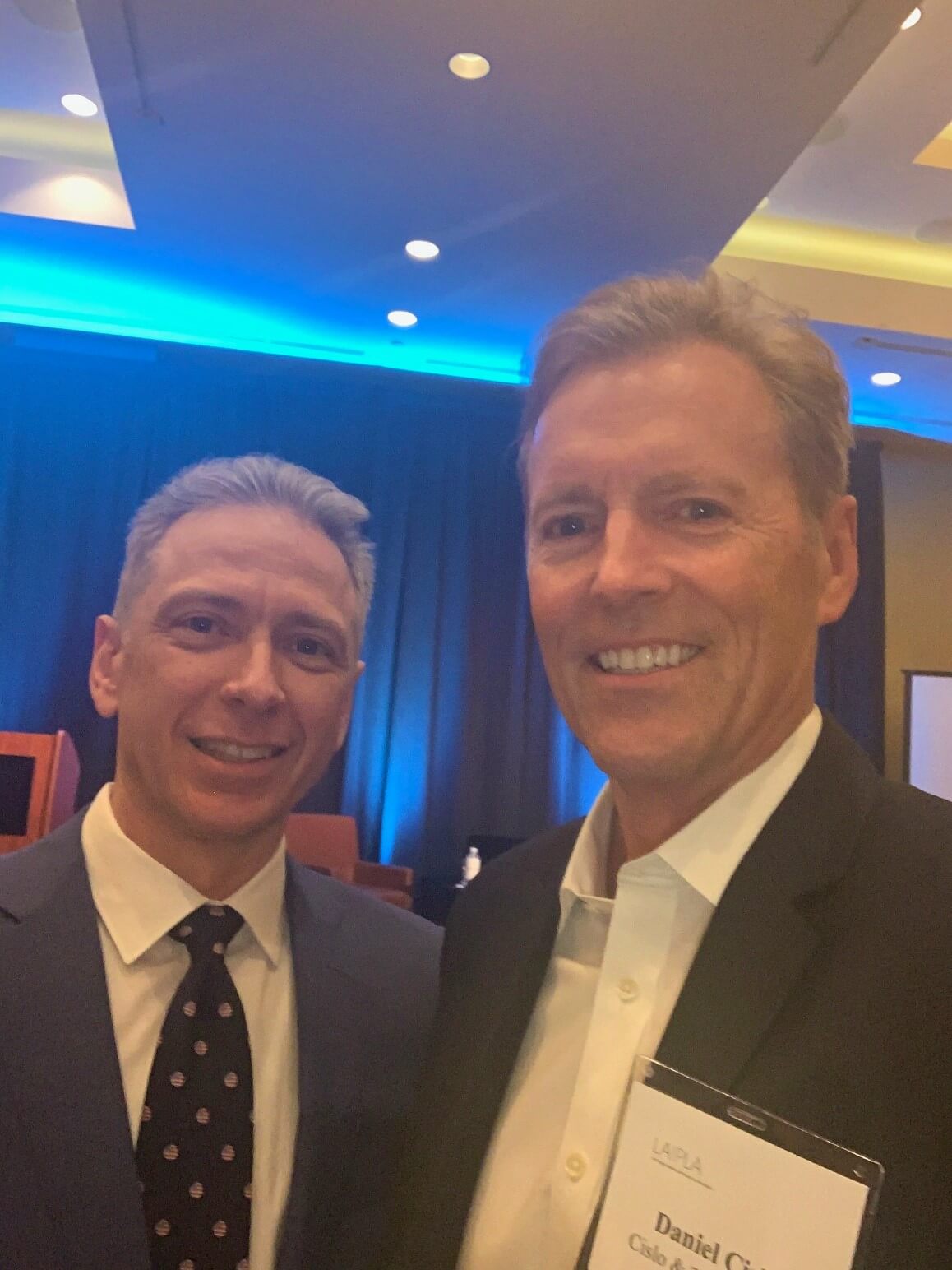
Daniel Cislo Meets Director of the U.S. Patent and Trademark Office
Managing Partner Daniel Cislo met Director of U.S. Patent and Trademark Office Andrei Iancu at an LAIPLA event named Washington in the West in Downtown LA this January.
Director Iancu led a Q & A session about the growing and changing state of intellectual property in the United States. Director Iancu also shared with Dan that Congress may be prepared to work on several intellectual property issues, which do not seem as partisan as other issues facing Congress.
Enjoy keeping up with IP news?



